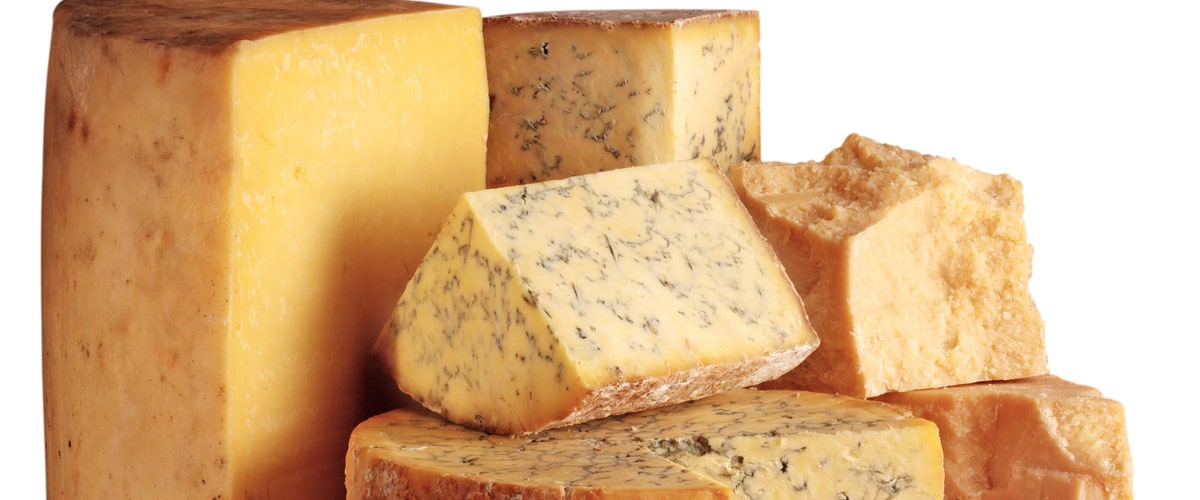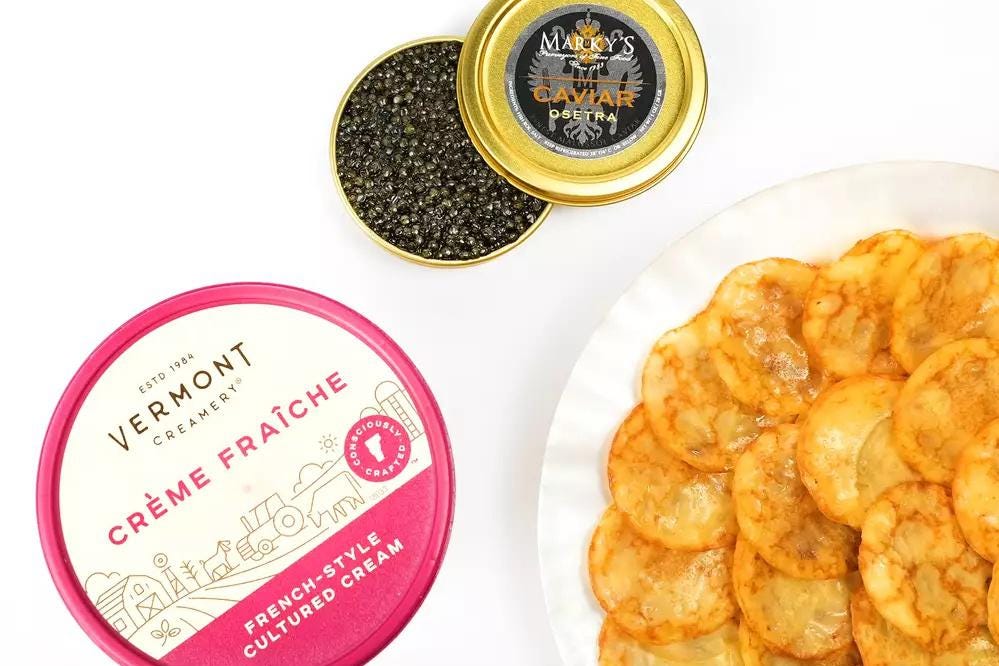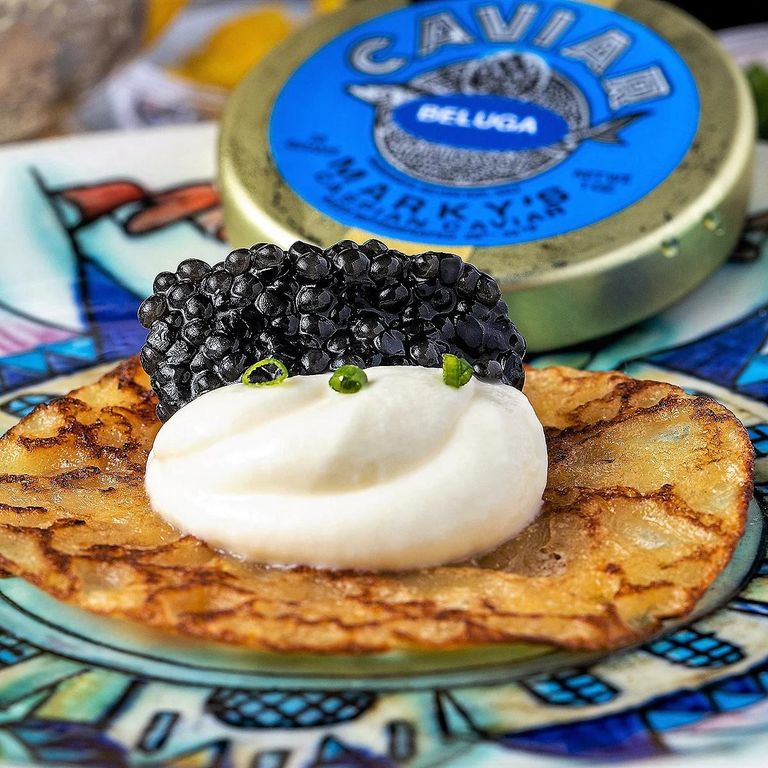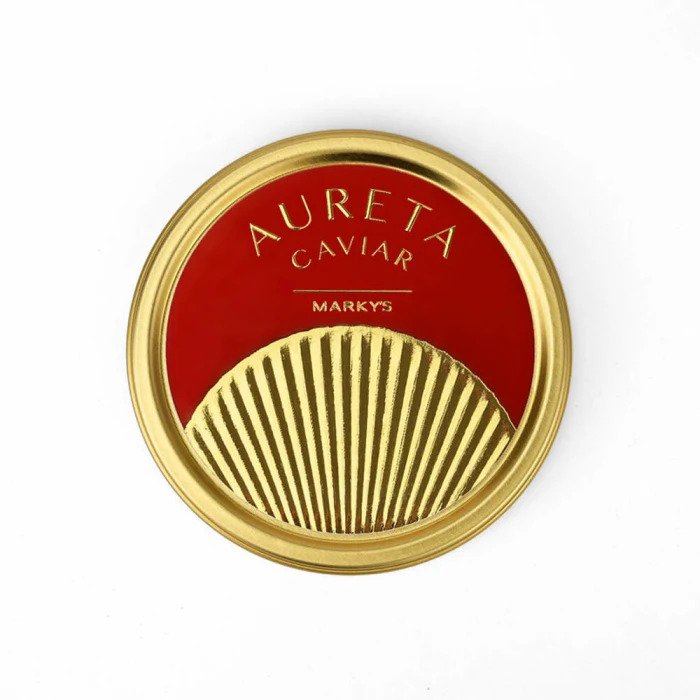The Rise of Plant-Based Cheeses: Are They as Good as the Real Thing?
Category : Food Stories, Party Ideas, Recipes, Press Room |
Posted : Jun 8, 2023
As the world of gourmet food continues to evolve, more and more of us are excitedly embracing new ingredients, flavors, textures and techniques. One such recent development has been the rise in popularity of plant-based cheeses -- with many luxury chefs now showcasing them as part of their culinary repertoires. But just how good are these alternative cheeses? Can they really stand up against traditional cow's milk cheese when it comes to melting on a burger or making that perfect lasagna layer? Well if you're curious about this increasingly popular yet still relatively controversial sub-genre within the foodie scene, then read on! Marky's Caviar is here to answer all your burning questions regarding plant-based cheeses: What can they offer our taste buds? How do they compare with traditional dairy options? And most importantly - Are they really as good as we've heard?!
An Overview of Plant-Based Cheeses - what are they, and why are they becoming so popular

Plant-based cheeses are all the rage these days, and for good reason! Convenient, versatile, and delicious, they offer a guilt-free alternative to traditional dairy-based cheeses that's also kinder to the planet. What exactly are plant-based cheeses? They're cheeses made from non-dairy ingredients like nuts, soy, and even vegetables, that offer a surprisingly similar flavor profile to their dairy counterparts. From creamy brie to sharp cheddar, there's a flavor for every cheese lover to enjoy. Plus, plant-based cheeses are often lower in saturated fat and calories, making them a healthier option for those looking to cut back on dairy or animal products. Whether you're vegan, lactose intolerant, or simply curious about this new trend, one thing is for sure - once you try plant-based cheese, you'll never look back!
A Comparison of Tastes - How do plant-based cheeses stack up to traditional cheese in terms of flavor, texture, and other qualities

As a food blogger, I'm always on the hunt for the latest trends in the culinary world. And one of the most exciting new developments is the rise of plant-based cheeses. But how do they stack up against their traditional dairy counterparts? Well, in terms of flavor, the plant-based cheeses hold their own. They may not taste exactly like traditional cheese, but that's not necessarily a bad thing - some people even prefer the unique taste. And when it comes to texture, many plant-based cheeses are incredibly creamy and smooth. Plus, they often don't have the same heavy feeling in your stomach afterwards. Of course, there are some differences between plant-based and traditional cheese, but these alternative options are definitely worth trying if you're open to something new.
Nutritional Benefits - What are the nutritional benefits of plant-based cheeses versus regular cheese
As a food blogger, I am constantly exploring various ways to spice up my meals and experimenting with ingredients to create new flavors. Lately, I have been exploring the world of plant-based cheeses and their nutritional benefits. One of the most compelling reasons for me to switch to plant-based cheeses is their significantly lower fat content. Traditional cheese can be high in saturated fats, which can contribute to heart disease. Plant-based cheese, on the other hand, is typically lower in fat and calories since it's made from nuts, soy, or nut milk, making it a healthier alternative that still provides that satisfying, cheesy taste. Not to mention they're often fortified with important vitamins and minerals, like vitamin B12 and calcium, that are often lacking in a vegan diet. Overall, switching to plant-based cheese is an easy way to improve the nutritional value of our meals without sacrificing taste.
Market Analysis – What’s the current market demand for plant-based cheeses and how is it shaping the food industry
Have you noticed how many plant-based cheese options are now available at your local grocery store? It's not just vegans and vegetarians who are seeking out dairy-free alternatives, but also people looking to reduce their consumption of animal products. The market demand for plant-based cheese is on the rise, and it's shaping the food industry in exciting ways. Not only are there more options for consumers, but restaurants and food companies are incorporating these products into their menus and recipes. It's refreshing to see the food industry responding to changing tastes and preferences, and it's exciting to think about what the future holds for plant-based alternatives.
Final Thoughts on Plant-Based Cheese – The pros and cons of choosing plant-based cheese over dairy products
As someone who's always on the lookout for healthier alternatives to traditional dairy products, I can definitely say that plant-based cheese has been a game-changer in terms of taste, texture, and nutritional benefits. On the plus side, plant-based cheese is typically lower in saturated fats, cholesterol, and calories compared to dairy cheese. It's also free of lactose, making it suitable for those with lactose intolerance. Plus, it's kinder to the environment and animal welfare. However, it's important to note that not all plant-based cheeses are created equal. Some may contain processed ingredients and additives that may not be so good for you. In terms of taste, some people may need to acquire a taste for plant-based cheese, as it may not taste exactly like the cheese they're used to. In the end, the choice between plant-based cheese and dairy cheese ultimately comes down to personal preference and dietary needs. But for me, plant-based cheese is always a tasty and healthier option.
Plant-based cheeses have made a big splash over the past few years as more and more people move towards a plant-based lifestyle. They offer amazing nutritional benefits, are very flavorful, and are quickly becoming a staple in the food industry thanks to their growing market demand. We’ve seen first hand at Marky’s Caviar how popular plant-based cheese has become, with many of our customers loving it both as an alternative to regular cheese, and on its own terms. All in all, plant-based cheeses have a lot to offer and provide an amazing way for us to eat better while still enjoying delicious flavors. We highly recommend giving them a try!













